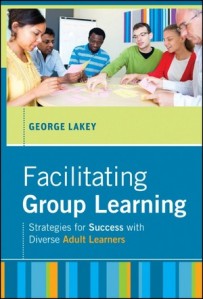 This week in the Kingian Nonviolence Book Club, we discussed The Trumpet of Conscience. It was a fascinated discussion and it became very clear how prescient Dr. King was in recognizing social problems and ills that were emerging and on the horizon during his times. On the one hand, this book was inspiring in that he does provide creative ideas and motivation for addressing these problems. On the other hand, it was clear that not enough people have read Dr. King’s words or taken his ideas to heart since many of the problems he identified over 50 years ago have only gotten worse. Continue reading to see the questions we discussed and excerpts from the book that speak to those questions.
This week in the Kingian Nonviolence Book Club, we discussed The Trumpet of Conscience. It was a fascinated discussion and it became very clear how prescient Dr. King was in recognizing social problems and ills that were emerging and on the horizon during his times. On the one hand, this book was inspiring in that he does provide creative ideas and motivation for addressing these problems. On the other hand, it was clear that not enough people have read Dr. King’s words or taken his ideas to heart since many of the problems he identified over 50 years ago have only gotten worse. Continue reading to see the questions we discussed and excerpts from the book that speak to those questions.
What is this?
This is a professional resume blog that highlights different elements of my career and provides more information about the skills, passions, and interests I bring to my work.-
Recent Posts
- Peace of Mind Conference – Keynote Activity
- Interview for 30 Years of Nonviolence International – Sharing History
- Interview for 30 Years of Nonviolence International – Exploring Abstract Concepts through Storytelling
- Black Leadership in Advancing International Peace and Security
- Dialogue and Reconciliation in Nonviolent Action
Categories
- Books (3)
- Conferences (2)
- Digital Strategy (30)
- Education/Training (70)
- Events (30)
- podcast (5)
- Presentations (47)
- Uncategorized (7)
- Writing/Blogging (2)
Search
Contact:
daryncambridge@gmail.com darync@american.edu


